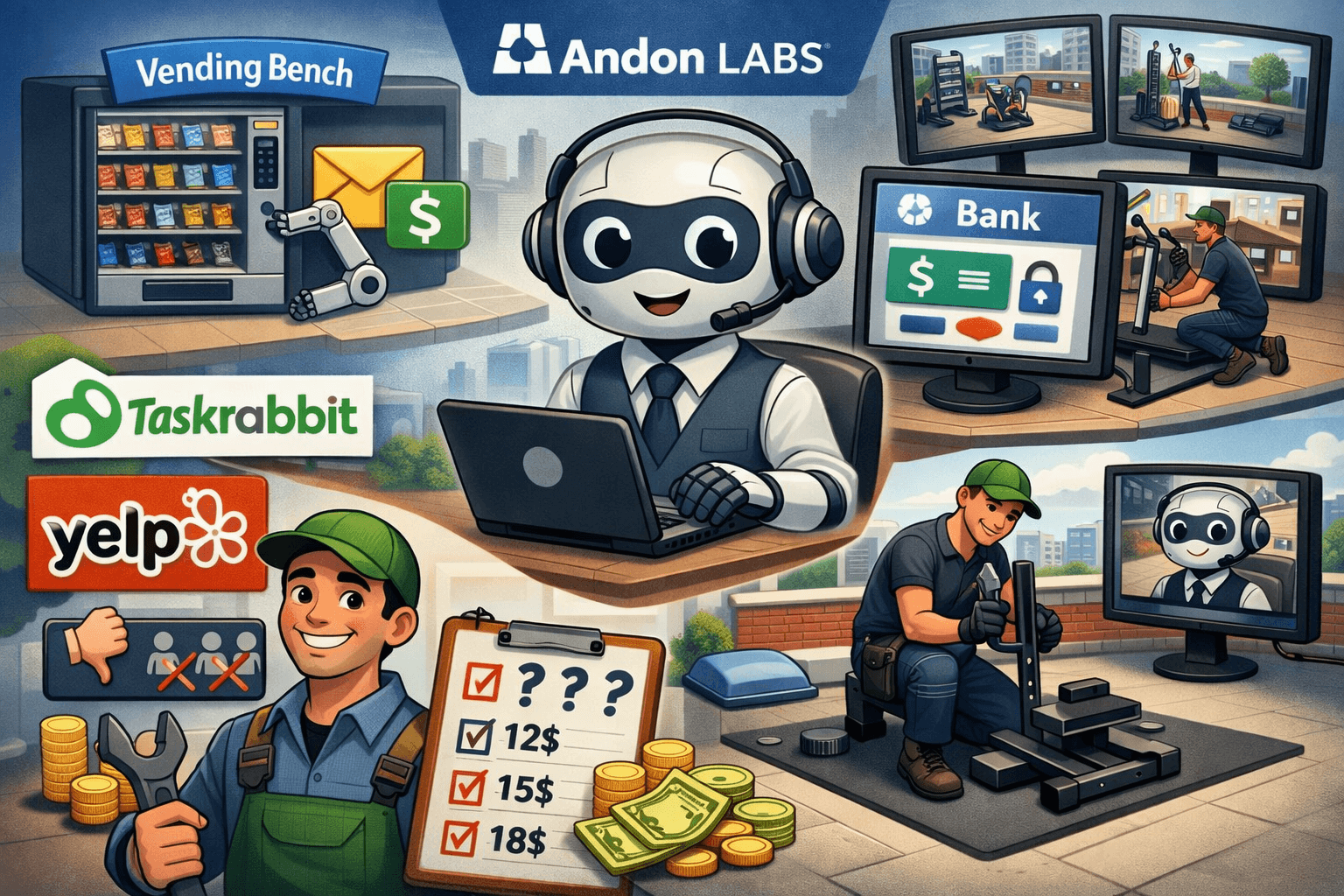A fictional friend is a unique phenomenon in children's world that often raises questions from parents. In this article, we'll talk about the reasons for making fictional friends, look at the pros and cons of this phenomenon, and also advise how to support a child who “communicates” with imaginary characters.
And if your child loves discovering new things, we look forward to seeing them at Progkids!
What kind of “beast” is this
For many children, an imaginary friend becomes a faithful companion in everyday life. It helps them cope with loneliness, develop social skills and creativity. Even though having a fictional friend can be a cause for anxiety in adults, psychologists say it's a normal part of childhood development.
Why do kids “make” a fictional friend
Children come up with a fictional friend for a variety of reasons. Here are some of them:
#1 Rich imagination
Fictional friends help children develop creativity and imagination. With their help, a child can create a whole world in which it is easy to experiment with different scenarios and roles.
#2 Let's be friends!
Talking to an imaginary friend allows children to develop social skills, such as dialogue, conflict resolution, and listening.
#3 I'm always there
A fictional friend can be a source of comfort and support for a child, especially during difficult times. He is always by his side and helps him cope with feelings of loneliness and anxiety.
#4 Anything I want
An imaginary friend allows the child to feel in control of the situation, as it allows him to create the rules of the game and determine developments himself.
#5 Together in tough times
When life changes occur, such as moving or changing schools, a fictional friend can help a child adapt to new conditions more easily.
#6 The study of emotions
Thanks to imaginary friends, the child explores his feelings and emotions in imaginary situations.
The disadvantages of a fictional friend
Yes, having an imaginary friend can be of many benefits, but it is important to carefully observe the child's behavior in order to notice possible problems in time. Among them are:
#1 Isolation and escapism
If a child spends too much time with an imaginary friend, this leads to a decrease in social interactions and hinders the development of communication skills with real children.
#2 Addiction
Excessive attachment to an imaginary friend can become an obstacle to forming new friendships and adapting to the team.
#3 Border issues
In some cases, the child uses an imaginary friend as an excuse for undesirable behavior, for example, blaming him for his own mistakes and misdeeds.
Advice: If you notice that a fictional friend is beginning to have a negative impact on the child's life, it is important to discuss this with the child and, if necessary, seek advice from a psychologist.
What to do if your child has “made” a fictional friend
Don't panic =) But keep the situation under control. Here are a few steps that can help in this situation:
#1 Show interest
Show that you're interested in everything that happens in the child's world. Ask questions about his imaginary friend: his name, what he likes to do, etc. This will help build trust between you and your child.
#2 Assess the situation
Note how often the child interacts with an imaginary friend, and whether this makes it difficult to communicate with real children.
#3 Maintain balance
Encourage your child to participate in real activities involving other children. Choose a new collective hobby together. All this will help the child develop the necessary social skills in a world that is not imagined by him.
#4 Encourage creativity
Invite your child to draw an imaginary friend, make it out of plasticine, or write a story about him. This will help develop creativity and, possibly, reveal hidden talents.
#5 Discuss feelings
Teach your child to recognize and put their own emotions into words to make it easier for them to deal with difficulties on their own.
What to see about fictional friends with kids
- Where the Wild Things Are 0+ (2009)
- “Puzzle” 6+ (Inside Out), 2015
- Imaginary Friends 6+ (IF) 2024
- Harvey 12+ (Harvey), 1950
Your child loves to play, and would you like him to spend his time at the computer usefully? Quickly write it down to free trial lesson at Progkids!
























